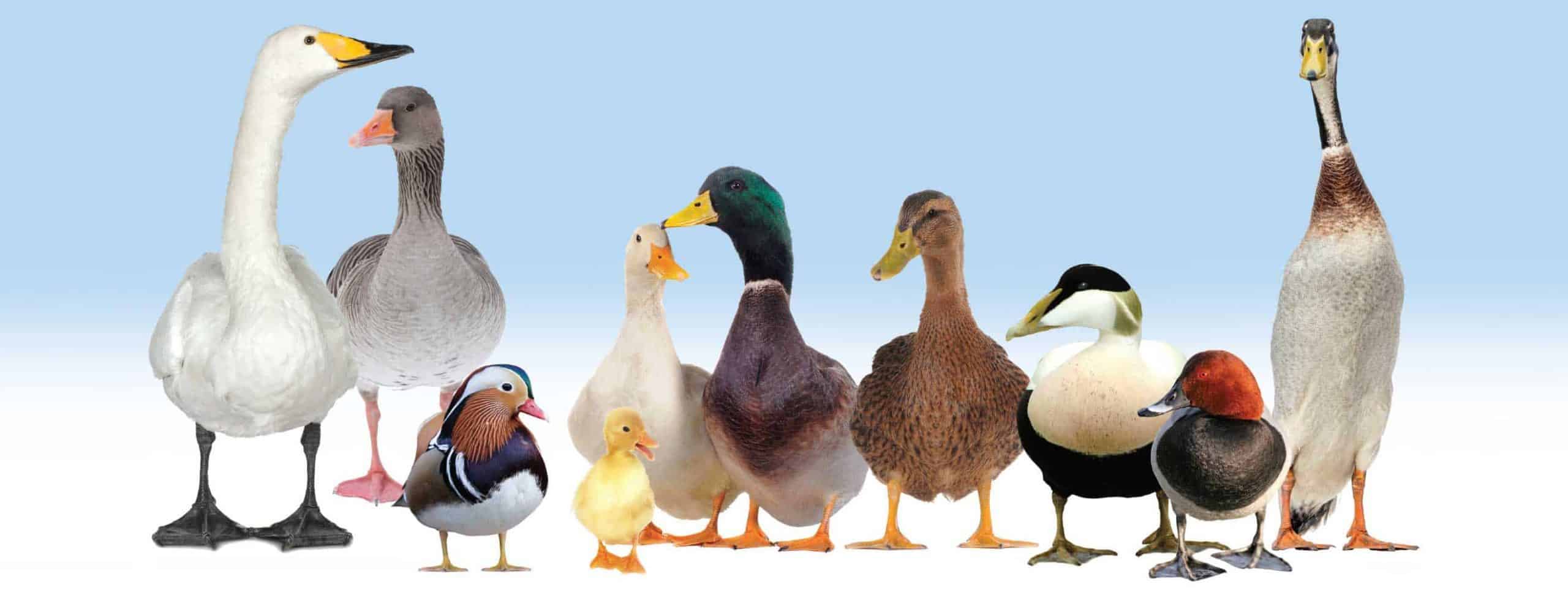Animals in general can contribute several benefits to humans. Pets of many kinds may help lower stress, loneliness, and anxiety. They may even encourage their owners to exercise and live a healthy lifestyle.
Animals may also help with children’s development. Early experiences influence your child’s brain, and their environment is essential for their language, cognitive, and academic growth.
In what ways can animals contribute to your child’s development? This article lists some brain-boosting activities your child may engage in with animals, including the benefits your child can get from them.
Waterfowl Collection Visits and Their Benefits
Zoo visits may provide your child with various benefits, such as language development, environmental awareness, animal education, and even exploration and curiosity.
Language Development
Walking around the collection exposes the child to numerous sounds, words, and concepts. Your child may encounter a new animal, word, or phrase and ask you what they mean.
This curiosity may turn into a discussion between you and your child, which may help build their vocabulary and improve comprehension.
Environmental Awareness
A zoo visit is an opportunity for the child to learn the importance of appreciating and caring for the environment.
WWT in particular teaches visitors and children why animals and the environment are essential to human life, and in turn, why people have to take care of them. Educational programs for children are great for to learning and understanding more about animal conservation and care.
Some of these programs provide a fun and hands-on learning opportunity for parents and children.
These programs may include activities like storytelling, singing, dancing, and even handicraft, creating a multisensory learning environment for the child.
Exploration and Curiosity
Young children are naturally curious. They may bombard you with a lot of questions, constantly wanting to discover new things.
Visiting a waterfowl collection provides numerous opportunities for your child to explore their environment and discover new things. They may even engage in storytelling about what they found or tell you what birds they like the most.
This opportunity for exploration and discovery may help with the child’s cognitive, vocabulary, and academic growth.
Animal Colouring Books and Their Benefits
Colouring books can be a way for you to measure your child’s cognitive skills and development. Pictures of waterfowl may help with your child’s visualization.
For example, when your child starts colouring inside the lines of an animal figure in the colouring book, that ability may signify that their cognitive capabilities are developing.
Colouring books also allow you to observe your child’s motor and spatial skills.
For example, when a child can make small muscle movements like bending the fingers or wrists, that may indicate that they are starting to control their actions with more accuracy.
They may also be able to identify directions and spatial terms like ‘left,’ ‘right,’ ‘above,’ and ‘below.’
Conclusion
Our waterfowl bring us many benefts, and contributing to your child’s development is one of them.
You can provide these opportunities for development by taking your kid to WWT or another bird collection for an educational visit. Another way to help develop your child’s brain is by giving them animal colouring books.
If you plan to visit such a collection with your child, inquire about their educational programs and activities. Set a schedule for your visit.
Consult a developmental pediatrician or psychiatrist to know more about how you can contribute to your child’s growth and development.



